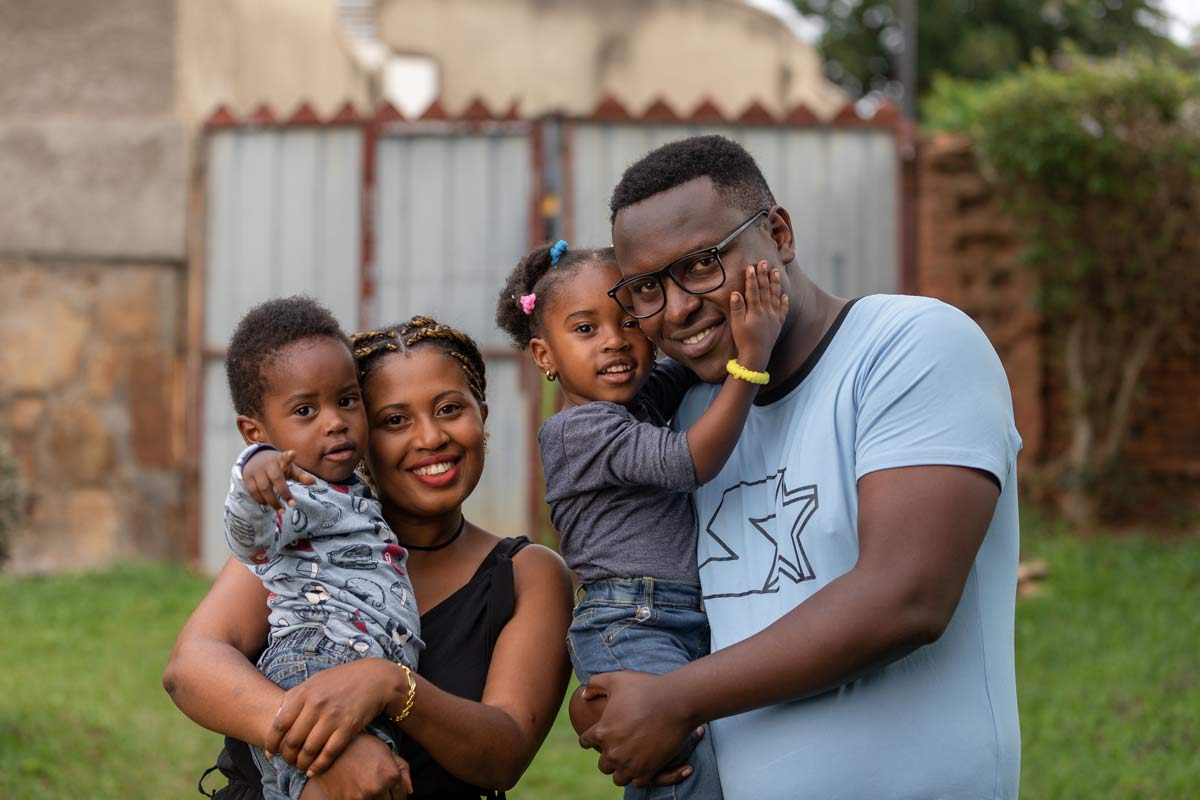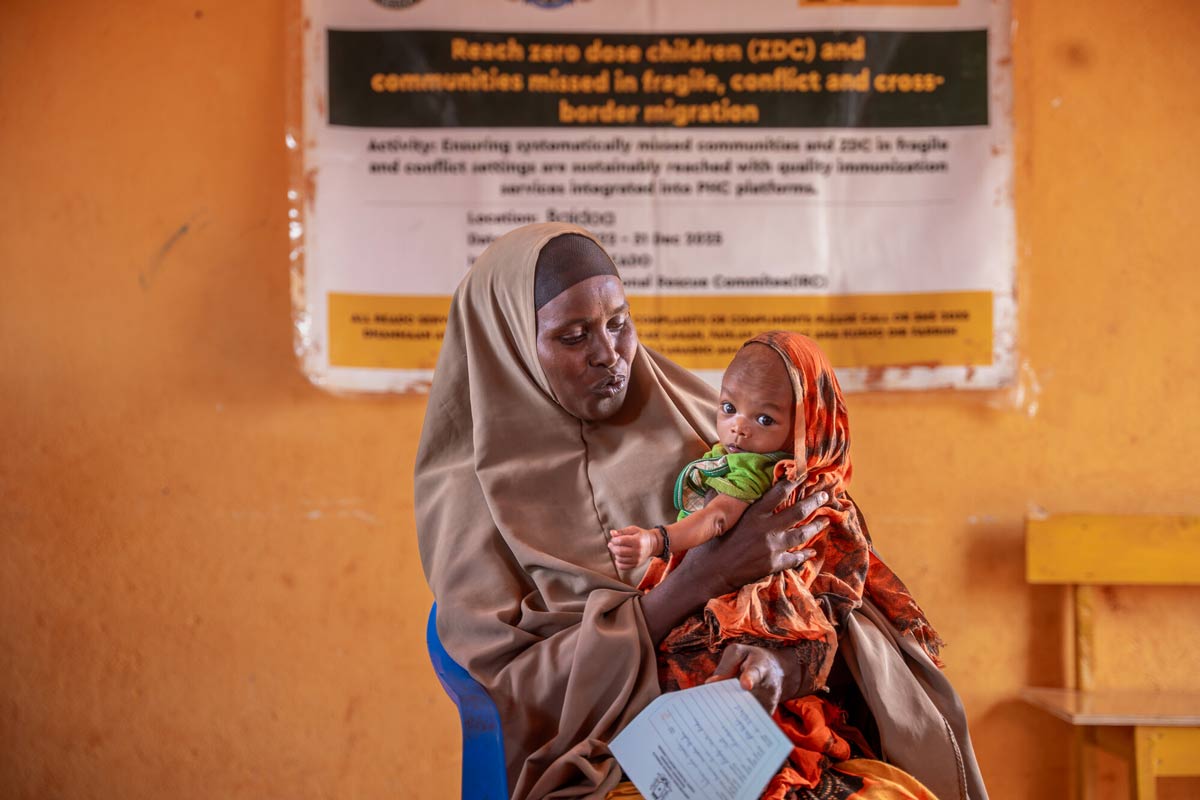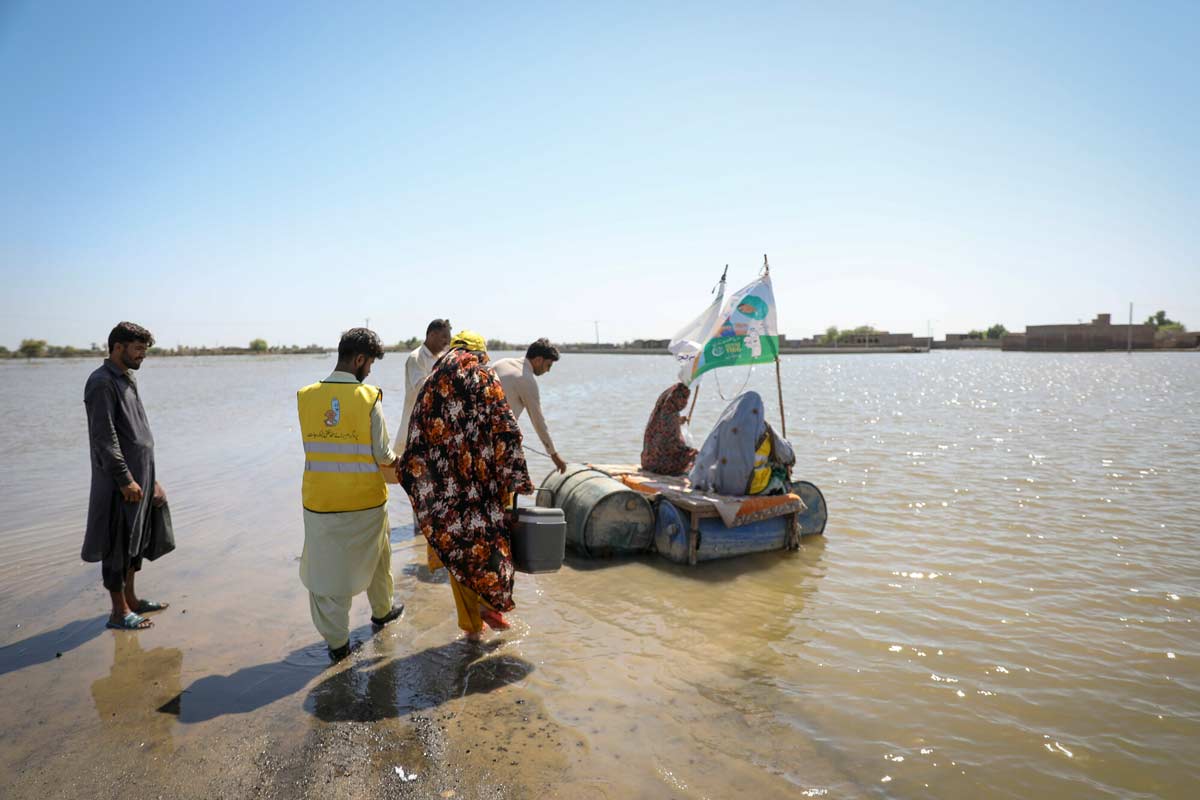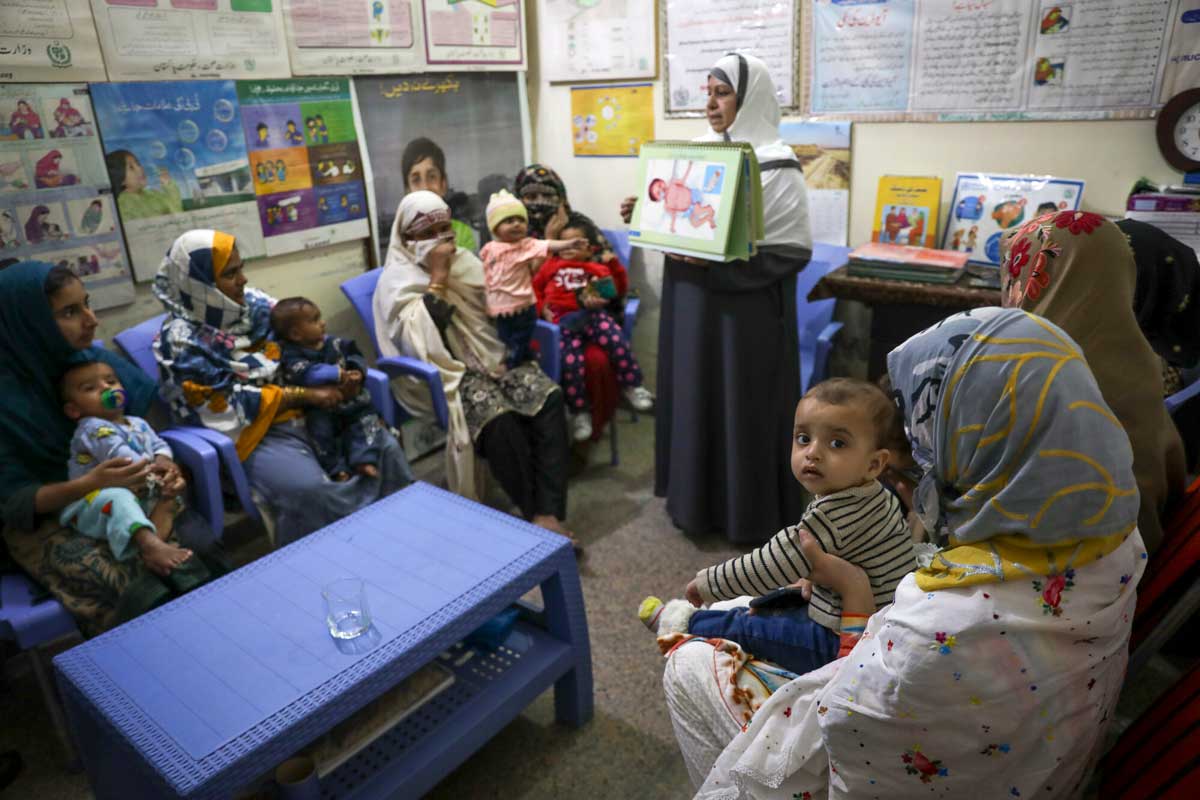VaccinesWork on International Women’s Day: Spotlight on community health workers
In this Editor’s Note, VaccinesWork’s Editor-in-Chief and Deputy Editor set out why our focus for IWD2024 has been on women community health workers, and what we’ve learned.
- 8 March 2024
- 3 min read
- by James Fulker , Maya Prabhu
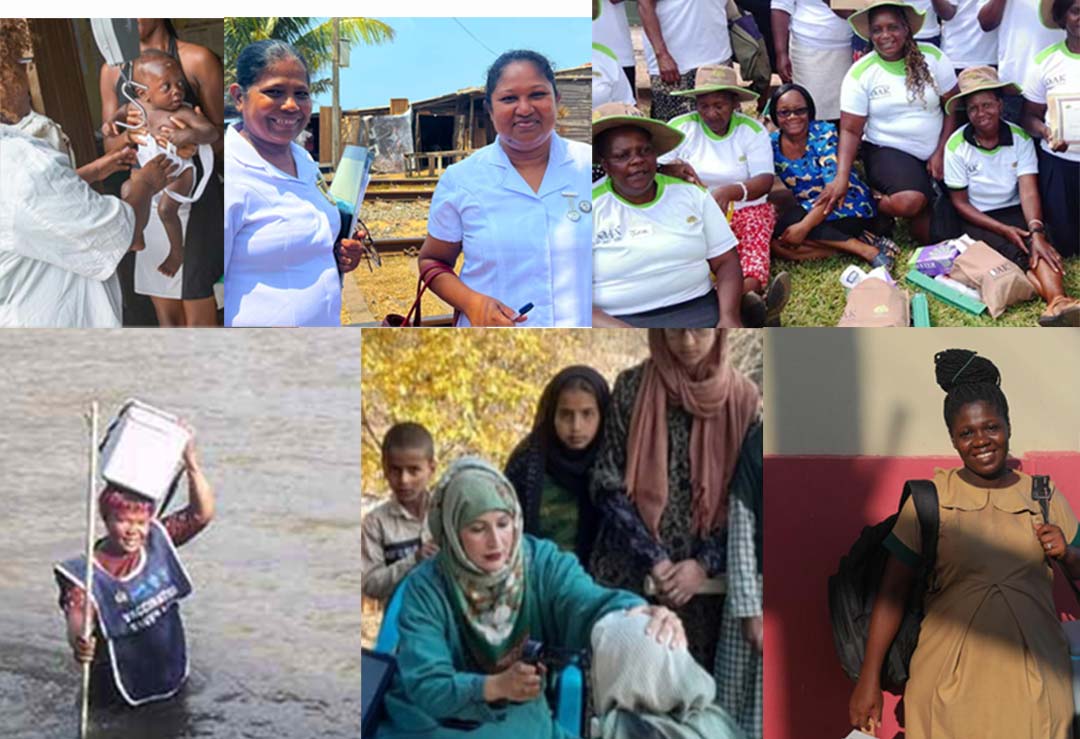
This International Women's Day, VaccinesWork wanted to hear from community health workers, or CHWs. We asked five journalists in five countries to help us do that. Their reports profile five very individual women, working in five very different social and geographical contexts, and still, at moments, their distinct voices seem to chime in chorus.
The foundation of the healthcare workforce in most countries, CHWs number in the uncounted millions. Millions of those millions – an estimated 70% of the total – are women.
In many cases, their womanhood is expressly being put to work. As Asma'u Shehu from rural Sokoto state in Nigeria told reporter Zubaida Baba Ibrahim, CHWs like her are often called on to fill the gaps left by a shortage of female doctors. Bilquis Ara from Kashmir, numbers among India's million-plus woman corps of ASHA workers, for whom gender, like literacy, is a professional qualification.
For some, motherhood is the conduit to the workplace – like for Sherika Joan from Mbonso in northwest Cameroon, who was inspired to become a CHW after competent healthcare saved her own son from a bad brush with measles.
What's clear, at least, reading these stories, is that the CHW's unique strength is her flickering "we" – as often meaning the healthcare profession as her community, because she belongs as clearly to both. Bilquis Ara's diagnostic perspicacity was more intimate than medical when she understood that a community member's midnight request for paracetamol called not for a pain pill but an ambulance, and quick.
Intimacy is a slippery surface on which to build labour norms, however. Our CHWs are materially under-resourced – often operating in health systems that are understaffed - but carry on because they're needed, and because that need matters to them.
So public health midwife Samanthi Priyangika Dias from Colombo, Sri Lanka, known as "Miss Aunty", says "we spend about 10% of our salaries to do our work." Ngonidzashe Muyambo from Mutare in Zimbabwe calls for free medicine for her patients, because she can't give them more than emotional and health support. Asma'u Shehu is raising funds to buy pipes to link the local health centre up to the water supply. Bilquis Ara, recently nominated to a list of stand-out CHWs in her state, joins ASHAs nationwide calling for a pay hike to just Rs 18,000 – US$ 217 – per month.
As our colleague Annette Wangong'u wrote in a recent essay, the gendered skew among the global CHW labour force is not just numerical, but structural, and perhaps most alarmingly, victim of a perpetual feedback loop:
"These are jobs that pay low wages – often bypassing conventional labour standards by billing themselves as volunteer roles – and as such, offer less job stability […] Even as CHW jobs offer work and pay to women who might otherwise be excluded altogether from the workforce, CHW staffing both benefits from and reproduces inequality of resource distribution between the different genders."
This inequity will only grow more stark as the health impacts of climate change continue to grow and spread. As Gavi's Kelly Warden argues, women are already bearing the brunt of this looming health crisis, and we will rely on women to care for those impacted.
But alongside this grim inequity, there is inspiration. Our IWD piece from the Geneva Learning Foundation is full of quotes and accounts underlining why so many women around the world choose the health of their communities as their vocation
"As a health worker I can confirm to you that so many things give satisfaction in life, but none gives so much gratification like being there for people at their worst, when they may not do much for themselves but just look up to you. You don't need to know them. You just need to understand their needs. Go ahead and change the world."
